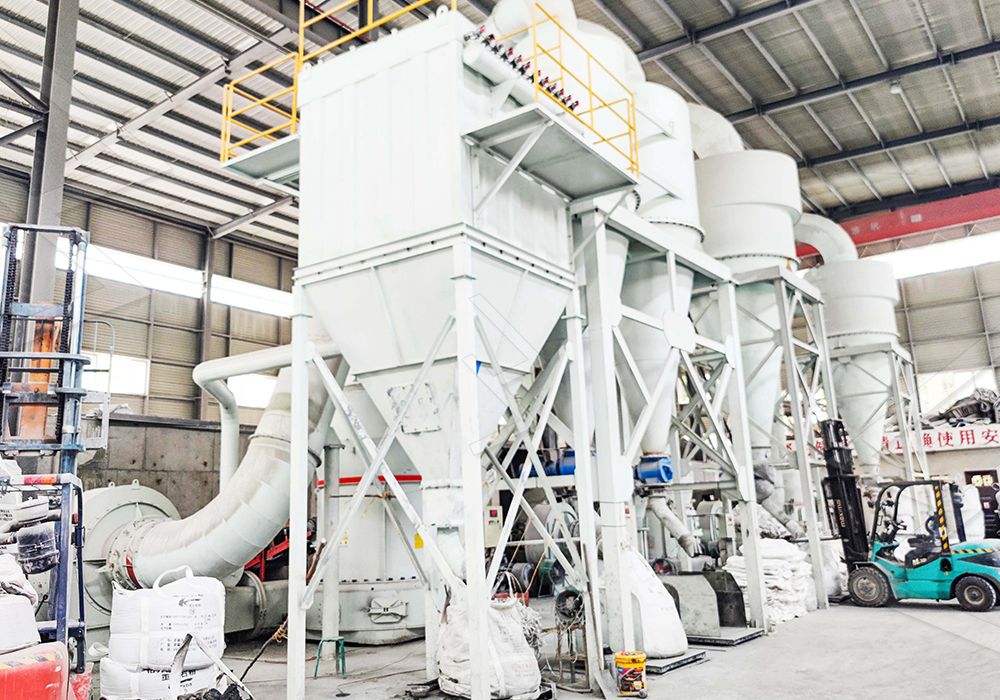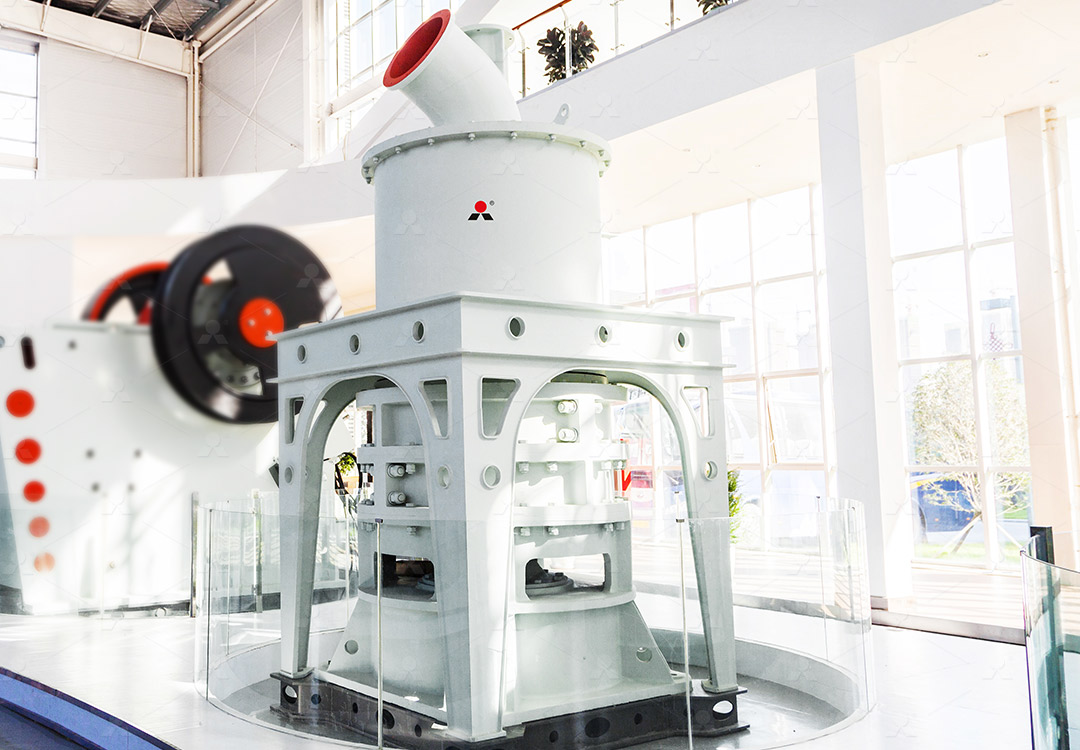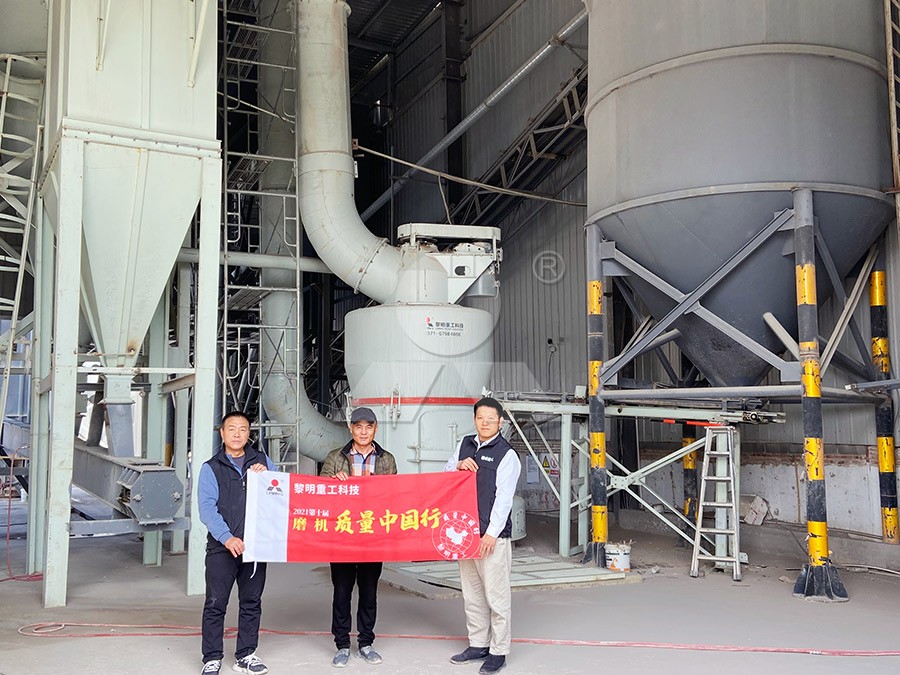3R Raymond Mill for Grinding Basalt Stone: A Comprehensive Guide
We provide a wide range of mills — including Raymond mill, trapezoidal mill, vertical mill, ultrafine mill, and ball mill, obtained ISO9001 international quality certification, EU CE certification, and Customs Union CU-TR certification. Suitable for processing minerals such as limestone, phosphate, quicklime, kaolin, talc, barite, bentonite, calcium carbonate, dolomite, coal, gypsum, clay, carbon black, slag, cement raw materials, cement clinker, and more.
The discharge range of these mills can be adjusted to meet specific processing needs, typically from 80-400 mesh, 600-3250 mesh, and can achieve the finest particle size of up to 6000 mesh(D50).
If you are looking for a reliable grinding solution to turn stone or minerals into fine powder, please feel free to contact our online customer service.
Understanding Basalt Grinding Challenges
Basalt stone, with its dense composition and high abrasiveness, presents unique challenges in mineral processing operations. This igneous rock requires robust grinding equipment capable of handling its tough characteristics while maintaining consistent particle size distribution. The 3R Raymond Mill has emerged as a reliable solution for processing basalt into various fineness levels required across multiple industries.

Traditional grinding methods often struggle with basalt’s hardness, which typically ranges between 6-7 on the Mohs scale. The 3R Raymond Mill addresses this through its optimized grinding roller and ring design, specifically engineered to withstand abrasive materials while delivering consistent grinding performance. The mill’s three grinding rollers apply substantial pressure to the material bed, ensuring efficient size reduction without compromising operational stability.
Technical Advantages for Basalt Processing
The 3R Raymond Mill incorporates several design features that make it particularly suitable for basalt grinding. Its spring-loaded grinding rollers automatically adjust to material hardness variations, maintaining consistent pressure and grinding efficiency. The centrifugal classification system ensures precise particle size control, crucial for meeting specific application requirements in construction and industrial sectors.
When processing basalt, operators appreciate the mill’s ability to handle feed sizes up to 25mm while achieving fineness between 80-400 mesh. The system’s air circulation design minimizes heat generation during grinding, preserving the material’s chemical properties and reducing energy consumption. This becomes particularly important when producing basalt powder for high-value applications where material purity is paramount.
Advanced Alternatives for Specialized Applications
While the 3R Raymond Mill serves as an excellent workhorse for standard basalt grinding requirements, operations demanding ultra-fine basalt powders should consider our MW Ultrafine Grinding Mill. This advanced system handles input sizes of 0-20 mm with capacities ranging from 0.5-25 tph, making it ideal for premium applications where superior fineness control is essential.

The MW Ultrafine Grinding Mill distinguishes itself through its innovative grinding chamber design, featuring no rolling bearings or screws internally. This eliminates concerns about bearing damage or loose screw-related failures. The external lubrication system enables continuous 24-hour operation, crucial for high-volume basalt processing operations. With adjustable fineness between 325-2500 meshes and screening rates achieving d97≤5μm in a single pass, this mill represents the pinnacle of basult grinding technology.
Environmental and Operational Considerations
Modern basalt processing facilities must address environmental concerns while maintaining operational efficiency. Both the 3R Raymond Mill and MW Ultrafine Grinding Mill incorporate advanced dust collection systems that effectively capture particulate matter during operation. The integrated pulse dust collectors and muffler systems ensure compliance with environmental standards while maintaining a clean working environment.
The energy efficiency of these grinding systems becomes particularly relevant given basalt’s grinding resistance. The MW Ultrafine Grinding Mill demonstrates remarkable efficiency, consuming only 30% of the energy required by jet grinding mills while delivering 40% higher production capacity at equivalent fineness levels. This combination of performance and efficiency makes it an economically viable solution for operations focused on sustainable mineral processing.

Frequently Asked Questions
What is the maximum feed size for basalt in 3R Raymond Mill?
The 3R Raymond Mill can accommodate basalt stones up to 25mm in diameter. For optimal performance, we recommend preliminary crushing to achieve consistent feed size distribution.
Can the MW Ultrafine Grinding Mill handle basalt’s abrasiveness?
Absolutely. The MW Ultrafine Grinding Mill features specially hardened grinding components designed to withstand basalt’s abrasive nature. The absence of internal rolling bearings and screws further enhances durability.
What fineness can be achieved when grinding basalt?
The 3R Raymond Mill produces basalt powder between 80-400 mesh, while the MW Ultrafine Grinding Mill achieves 325-2500 meshes, making it suitable for specialized applications requiring ultra-fine basalt powder.
How does the environmental performance compare between these mills?
Both mills feature efficient pulse dust collectors and noise reduction systems. The MW Ultrafine Grinding Mill particularly excels with its completely sealed system operating under negative pressure, ensuring dust-free operation.
What maintenance considerations are specific to basalt grinding?
Basalt’s abrasiveness necessitates regular inspection of grinding components. The MW Ultrafine Grinding Mill’s external lubrication system and accessible design significantly reduce maintenance downtime compared to conventional mills.
